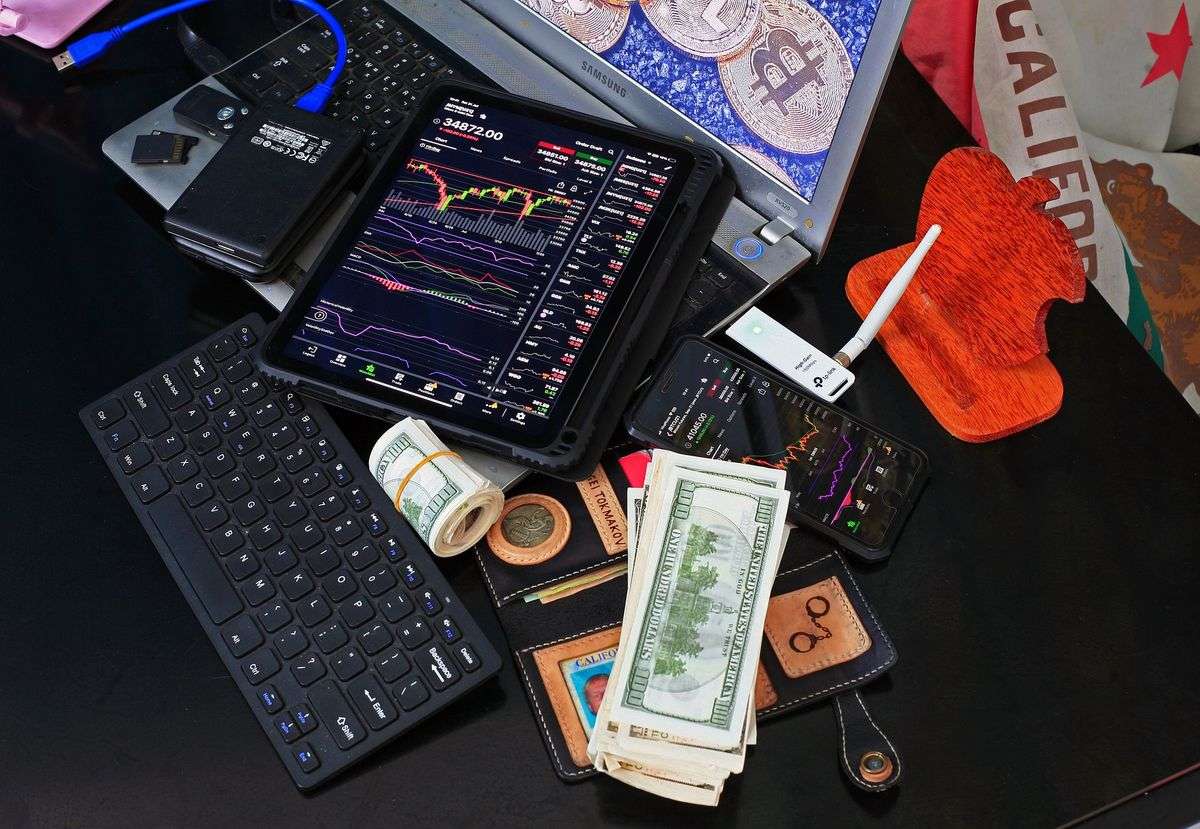If you are looking forward to spreading your investments and trades – what would be some of the options that you would choose? What are you thinking? The list is long, isn’t it? Let’s look at one of these tools in detail; let’s understand derivatives.
What are Derivatives?
Derivatives are financial contracts whose value is decided by the value of the underlying asset or group of assets. Stocks, bonds, currencies, commodities, and market indexes are some of the most regularly used assets.
The underlying assets’ value will change in response to market conditions. The main idea behind getting into derivative contracts is to benefit by betting on the future value of the underlying asset.
Consider the possibility that the market price of an equity share may rise or fall. You could lose money if the stock price falls. In this case, you could enter a derivative contract to profit by putting in a correct bet.
Alternatively, you might simply protect yourself from losses in the spot market where the stock is traded.
The concept of what is derivatives should be making sense to you now. Next, let’s see how these financial derivatives actually work.
How Do Financial Derivatives Work?
Trading in the derivatives markets is similar to trading in the cash component of the stock market. To trade derivatives, you will need a trading account.
The derivatives market is traded on exchanges and over the counter (OTC).
- Exchange-Traded Derivatives: Exchange-traded derivatives are contracts that take place through a broker. Futures and options are derivative transactions that are traded on exchanges. When you buy a stock option, you are buying the option rather than the securities.
- Over-the-Counter Derivatives: Over-the-counter derivative contracts are those that take place directly between two parties. Over-the-counter contracts include forwards and swaps. As a result, these contracts are tailored to the needs of both parties to the contract.
- Additionally, financial derivative contracts do not come without risk. They are accompanied by the danger of market volatility. As a result, trading in the derivatives market without suitable hedging methods is dangerous.
So, what kind of derivatives are actually out there?
Types of Financial Derivatives in the Market
Majorly, there are four kinds of derivatives. Let’s know them in detail:
1) Futures
Futures are a sort of derivatives contract in which the buyer and seller agree on the amount and price of an asset. The agreement specifies the amount, price, and date of the transaction. The buyer and seller are bound to fulfill their duties upon entering into the contract, regardless of the asset’s current market worth. Futures contracts are widely used for risk management and speculation. Yet, the main goal is to protect the asset’s price against volatility.
You can take advantage of margins by purchasing a futures contract. A margin requirement is a minimum amount required to trade futures on an exchange. The lesser the margin, the bigger the leverage.
2) Options
In India, options contracts are the third type of derivative transaction. Options contracts vary from future and format contracts in that there is no requirement to discharge the contract on a certain date. Contracts for options grant the right but not the obligation to purchase or even sell the underlying instrument. Options contracts have two options:
a) Call Option
b) Put Option
While joining the contracts, the buyer has the full right to purchase an underlying asset at a preset price. While joining the contract, the buyer has the right but not the responsibility to sell an underlying asset at a preset price. With both call and put option contracts, however, the buyer chooses to settle all contracts on or before the expiry date.
As a result, anyone who trades options on a regular basis can take any of the four alternative positions, i.e., short or long, in either the call or put option. These options are traded on the stock exchange and in the off-exchange market.
3) Swaps
Swaps are financial derivative contracts that allow two parties to exchange financial commitments. Corporations employ swap contracts to reduce and hedge the uncertainty risk associated with specific projects. Swaps are classified into four categories. Interest rate swaps, currency swaps, commodities swaps, and credit default swaps are examples.
A credit default swap is always the most common type of swap. A credit default swap protects against debt default. The premium payments are made to the seller by the buyer of the swap. In the event of a default, the seller will pay the buyer the asset’s face value. Simultaneously, the seller will take control of the asset.
4) Forwards
Futures contracts are comparable to forward contracts. The contract holder is obligated to fulfill the contract. These contracts, however, are not standardized and do not trade on the market. Over-the-counter contracts are forward contracts. As a result, these contracts are tailored to the needs of the buyers and sellers (parties to the contract).
Why Do You Need to Invest in Financial Derivatives?
Lock in Prices: Using derivatives, investors can lock in asset prices. If they foresee asset prices falling in the future, they can lock in current prices through derivative contracts.
Derivatives are a type of leveraged product. Investors can gain access to more capital through leverage, which means they can get access to more money than they have in cash.
Hedging: Derivatives are widely used for hedging. People can enter into a derivative contract in which the asset value changes in the opposite direction of what they already own.
Conclusion
By now, you know that a derivative is nothing but a contract that derives value from its underlying asset. But always make sure you do proper research before you can start investing in it.



